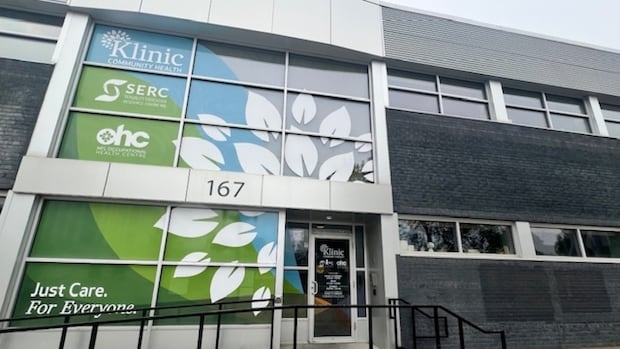Tensions have reached a critical point at Klinic Community Health in Winnipeg, where staff have formally declared “no confidence” in the organization’s leadership following allegations of systemic racism and harmful workplace practices. A damning internal report obtained by CO24 News reveals a pattern of racial discrimination that has left Indigenous and racialized employees feeling marginalized and unheard within an organization ironically dedicated to community wellbeing.
“What we’re witnessing is the painful unraveling of trust in an institution meant to serve Manitoba’s most vulnerable populations,” said Dr. Eleanor Winters, a healthcare governance expert who reviewed the findings. “When those tasked with providing care cannot themselves feel safe in their workplace, the entire mission becomes compromised.”
The 27-page report, completed in April after months of investigation, documents troubling incidents where Indigenous and racialized staff members experienced dismissal of their concerns, microaggressions, and cultural insensitivity. In some cases, employees reported being overlooked for advancement opportunities while watching less qualified colleagues receive promotions—a pattern that investigators found consistent enough to suggest systemic issues rather than isolated incidents.
Perhaps most alarming is the allegation that leadership at Klinic has been aware of these problems for years without taking meaningful action. The report indicates that formal complaints dating back to 2021 received inadequate responses, with some staff reporting retaliation after speaking up about racial harm in the workplace.
“The emotional toll on our team has been immense,” said one employee who requested anonymity for fear of reprisal. “We come to work every day trying to heal a community while our own workplace inflicts new wounds.”
Klinic Community Health, established in 1971, has long been considered a vital resource for Winnipeg residents, offering mental health services, medical care, and counseling for survivors of sexual assault and domestic violence. The organization serves approximately 40,000 clients annually, many from marginalized communities who have few other healthcare options.
The staff’s vote of no confidence, supported by 85 percent of employees, represents an extraordinary measure that healthcare governance experts describe as a “last resort” when internal remediation efforts have failed. In response, Klinic’s board of directors has promised an organizational review and committed to addressing the concerns raised in the report.
However, for many staff members, these promises ring hollow after years of similar commitments that yielded little change. The Manitoba Nurses Union has stepped in to advocate for affected employees, calling for immediate leadership changes and substantive reforms to organizational policies and practices.
“This situation didn’t develop overnight,” said Darlene Jackson, president of the Manitoba Nurses Union. “What we’re seeing is the culmination of years of ignored warnings and unaddressed harm. The staff at Klinic deserve better, and so do the communities they serve.”
The crisis at Klinic reflects broader challenges in Canada’s healthcare system, where studies have consistently shown that Indigenous peoples and other racialized groups face barriers to equitable treatment, both as patients and as healthcare workers. A 2022 report from the Canadian Medical Association found that 70 percent of Indigenous healthcare professionals had experienced discrimination in their workplaces.
The Manitoba provincial government, which provides significant funding to Klinic, has expressed concern about the allegations but has thus far declined to intervene directly. Health Minister Uzoma Asagwara stated that her department is “monitoring the situation closely” while respecting the organization’s internal governance processes.
As community members rally in support of Klinic staff, the fundamental question remains: can an organization dedicated to healing navigate its own path toward reconciliation and repair? For thousands of vulnerable Manitobans who depend on Klinic’s services, the answer may determine whether they continue to have access to the care they desperately need.























